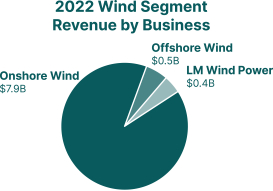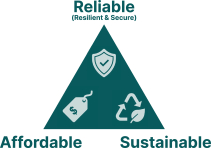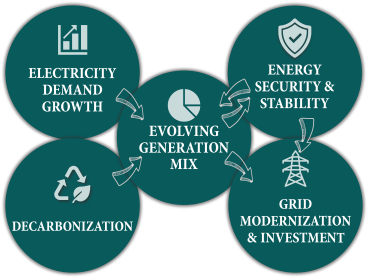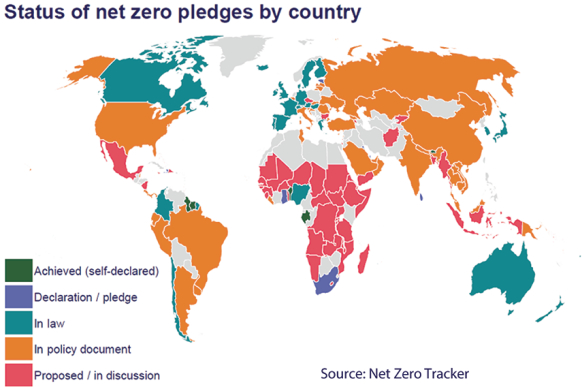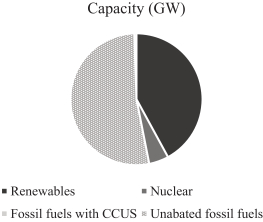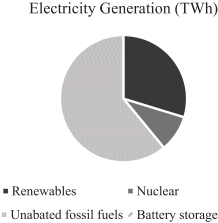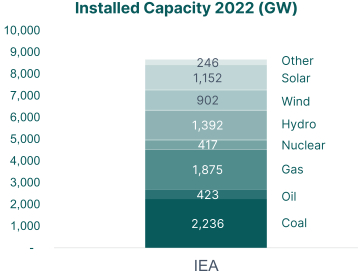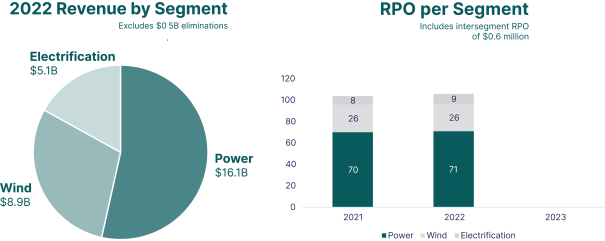Confidential Treatment Requested by GE Vernova LLC
Pursuant to 17 C.F.R. Section 200.83
Failure to obtain or comply with federal, state and local government approvals, licenses, and permits may negatively affect our ability to produce, market, and sell our products, solutions, and services.
Parts of our business are required to obtain, and to comply with, federal, state, and local government approvals, licenses, and permits. Any of these approvals, licenses, or permits may be subject to denial, revocation, or modification under various circumstances. Failure to obtain or comply with the conditions of approvals, licenses, or permits may adversely affect our operations by suspending our activities or curtailing our work and may subject us to penalties and other sanctions. For example, our nuclear operations in the United States are subject to regulation by the Nuclear Regulatory Commission (“NRC”). Failure to obtain approval or renewal of our NRC licenses could result in significant disruptions to our nuclear business.
Although existing licenses are routinely renewed by various regulators, renewal could be denied or jeopardized by various factors, including the failure to comply with environmental, health, and safety (“EHS”) laws and regulations, the failure to comply with permit conditions, violations found during inspections or otherwise, or local community, political, or other opposition.
In addition, concerns about climate change and increased environmental activism could slowdown regulatory approval of fossil fuel-based power generation activities that could negatively impact the related products, solutions, and services we provide to customers. If new legislation or regulations are enacted or implemented, or if existing laws or regulations are amended or are interpreted or enforced differently, we may be required to obtain additional operating approvals, licenses, or permits. Moreover, changes in industry standards and governmental regulations may cause us to incur substantial costs to adapt our products, solutions, and services. Our inability to obtain, and to comply with, the approvals, licenses, or permits required for our business could have a material adverse effect on us.
The physical effects of climate change, including weather disruptions and related effects, could adversely impact our business.
The physical effects of climate change can include extreme variability in weather patterns such as increased frequency and severity of significant weather events (e.g., flooding, hurricanes, and tropical storms), natural hazards (e.g., increased wildfire risk), rising mean temperature and sea levels, and long-term changes in precipitation patterns (e.g., drought, desertification, or poor water quality). Climate change may also produce general changes in weather or other environmental conditions, including temperature or precipitation levels, and thus may impact consumer demand for electricity generation. Such effects have the potential to affect business continuity and operating results, and could disrupt our operations or those of our customers or suppliers, including through direct damage to physical assets and indirect impacts from supply chain disruption and market volatility. These effects may negatively impact our business, cash flows, and results of operations.
Our operations are subject to various environmental, health, and safety laws and regulations, and potential litigation, and non-compliance with or liabilities under such laws and regulations could result in substantial costs, fines, sanctions, claims, and reputational harm.
We and our business are subject to extensive domestic and international EHS regulations. In addition to EHS regulatory compliance obligations, we may face liability arising out of the normal course of business, including alleged personal injury, property damage, and human health risks due to exposure to hazardous substances, processes, or working conditions at our current or former facilities. We may also face liability in connection with the actions or omissions of third-party contractors working at our project sites. Any perceived or actual employee safety issues could result in substantial costs to us that may exceed our reserves, harm our reputation, divert management’s attention, and could potentially affect our ability to continue operating in certain jurisdictions.
We may be impacted by material changes in EHS regulations or subject to substantial liability for environmental impacts, both of which may require increased capital expenditures. We may also be subject to increasingly
36






